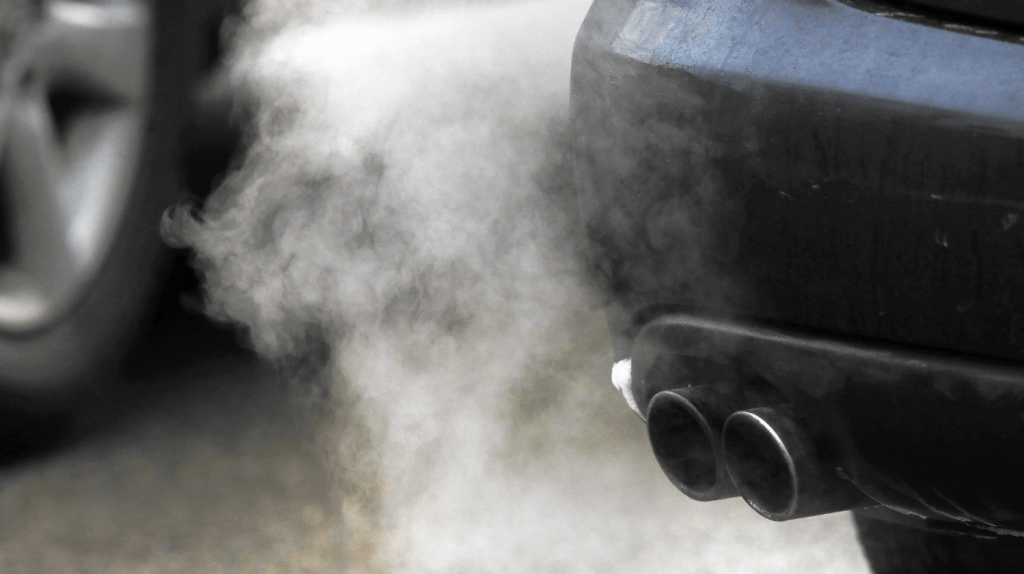Like the State of Missouri, the City of St. Louis, and St. Louis County, WashU has been working to limit idling by vehicles. WashU’s no-idling policy has been in place since early 2009 and helps reduce the pollution caused by vehicles running when parked or waiting for passengers. Emissions produced by vehicles endanger public health by increasing levels of carbon monoxide and ground-level ozone air pollution. These substances can irritate the lungs of nearby pedestrians and contribute to asthma issues.
Large diesel vehicles often have a worse effect. In addition to the pollution typical of other cars, diesel vehicles also create particulate pollution. This poses a risk of lung damage and respiratory problems to passersby who are exposed to the exhaust. Missouri requires that large diesel vehicles limit idling to five minutes, but WashU encourages a no-idling policy. Signage is displayed near loading docks and bus stops where diesel vehicles are likely to pause. Additional signage has been placed in key locations across campus to maximize awareness of idling policies.
In addition to benefiting pedestrians, no-idling policies pose tangible benefits to the drivers themselves. Minimizing idling saves fuel and maintenance costs. Idling for more than 10 seconds uses more fuel than restarting a car, and idling is harder on an engine.
Another misconception is that car engines need to be “warmed up” before driving. According to the U.S. Department of Energy, a car only needs about 30 seconds to sufficiently circulate engine oil. Anything longer than 30 seconds wastes gas and unnecessarily contributes to pollution. Regardless of whether you are on or off campus, minimizing idling is the best way to save costs while also protecting air quality.
